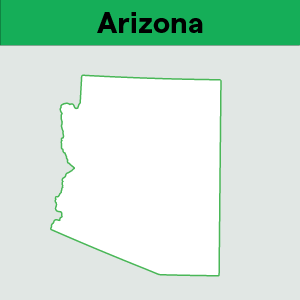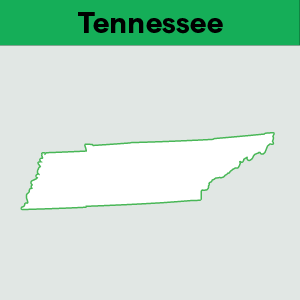Why getting tax right is challenging with the sharing economy
by December 18, 2024
Uber. Airbnb. Rover.
These three successful companies are in wildly different industries (ride sharing, home rentals, and dog walking), but they all have one thing in common: they’re all participants in the sharing economy. But what exactly does that mean? You can think of the sharing economy as any peer-to-peer activity that provides sharing access to a good or service, usually happening on a community-based platform. Most consumers these days have taken part in these types of activities, but not many have spent time wondering about the sales tax implications of the sharing economy – unless they’re tax nerds like us.
Turns out, while consumers have been using these sharing platforms, state legislators have been left wondering how to manage sales tax on these sharing activities. Spoiler alert: it’s not a simple task. Let’s explore why determining taxability in the sharing economy is so challenging.
Sales tax and services
The obstacle states face when it comes to enforcing sales tax on the sharing economy is determining what the good or service is. Since the sharing economy is all about, well, sharing, it creates a new business model that older sales tax laws and regulations did not take into consideration. Sales tax regulators have faced similar challenges when SaaS products became more mainstream as well.
Take ride-sharing services, as an example. You aren’t giving away a good in exchange for money, since nobody is buying your car. You are using a platform to connect with the community and find a customer who wants to share your car to get to their destination. In this case, you’d be providing a service. However – services are only taxed by default in four US states. The other 41 states with sales tax have deemed services exempt, with exceptions noted.
With that in mind, would simply taxing services solve the problem?
Variances in type of services
Taxing services might not answer all the questions of how to handle sales tax within the sharing economy. In fact, the conversation is just starting to take off in the US. For some states, like New York, there is legislation that makes ride-sharing a taxable service, but this is because intrastate ride-sharing has long been a taxable service in the state, due to the amount of taxi rides taken. In short, if the state already taxes the service being provided by the sharing platform, then it’s easier for the state to enforce sales tax collection on the sharing platform as well.
However, there are many other types of offerings in the sharing economy that will need more guidance. For example, Airbnb and similar platforms have faced backlash for reportedly not always collecting sales and occupancy taxes. However, Airbnb has stated they are complying with tax laws and per an Airbnb representative, “In places where we are collecting tax at the state and local levels, we collect and remit the entire amount due.”
Between apartment/home lending, dog walking services, and neighborhood sharing networks, states have a giant task on their hands to determine how to manage all these nuances.
Possible solution
Another aspect of this complex problem is determining who is responsible for collecting sales tax. Let’s go back to the ride-sharing example. Current sales tax laws centered on services often call on the operator of the business as the responsible party to collect sales tax. Is that the platform hosting the network of drivers and riders, or the drivers themselves? In past lawsuits on this topic, the platforms have been successful in arguing that they do not operate the business, since they do perform the services in question – the drivers do. New tax law has targeted the platform operators themselves, but the fight for who’s responsible for paying sales tax seems far from over.
Sales tax experts are speculating that marketplace facilitator-esque legislation is the best way to handle collecting sales tax on transactions made in the sharing economy. Similarly to how marketplace facilitators in most states are required to collect and remit sales tax on behalf of the sellers who use the platform, sharing economy platforms could act as the marketplace facilitator, and be on the hook for sales tax compliance.
Prepare for any sales tax changes ahead
If you provide a service and aren’t sure if you need to collect sales tax or not, we recommend checking in with a vetted sales tax expert to help you conduct a study of your potential tax obligations – it’s important to ensure that you are collecting sales tax correctly on the services that you sell. Already know where you need to collect? Let TaxJar handle calculating, collecting and filing your sales tax.
TaxJar ensures you collect the right amount of sales tax from every customer, every time. With TaxJar’s extensive product categorization, all you need to do is attach the right product tax code to your service, and we handle the rest. You never have to worry about collecting the correct amount of sales tax again.
Ready to automate sales tax? To learn more about TaxJar and start a free trial, visit www.taxjar.com








